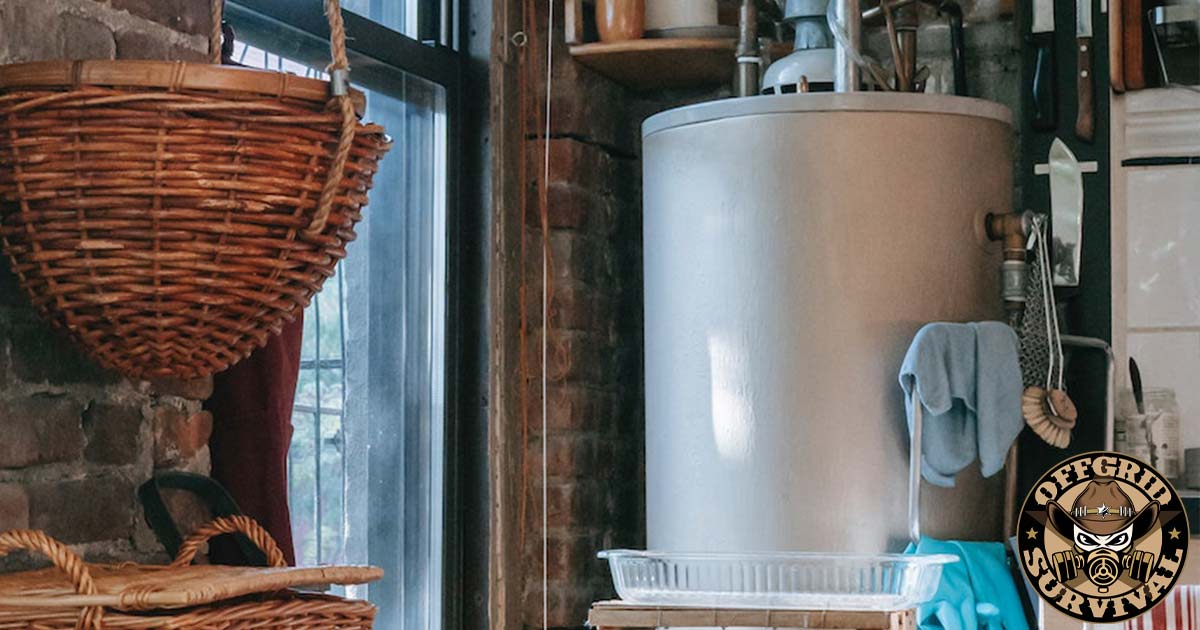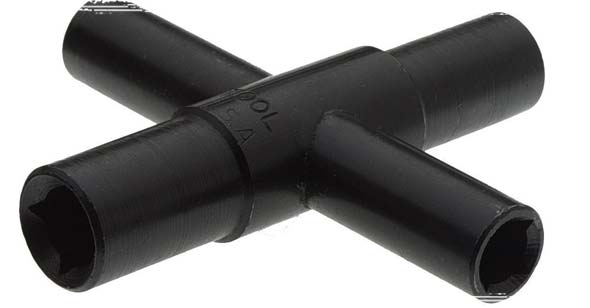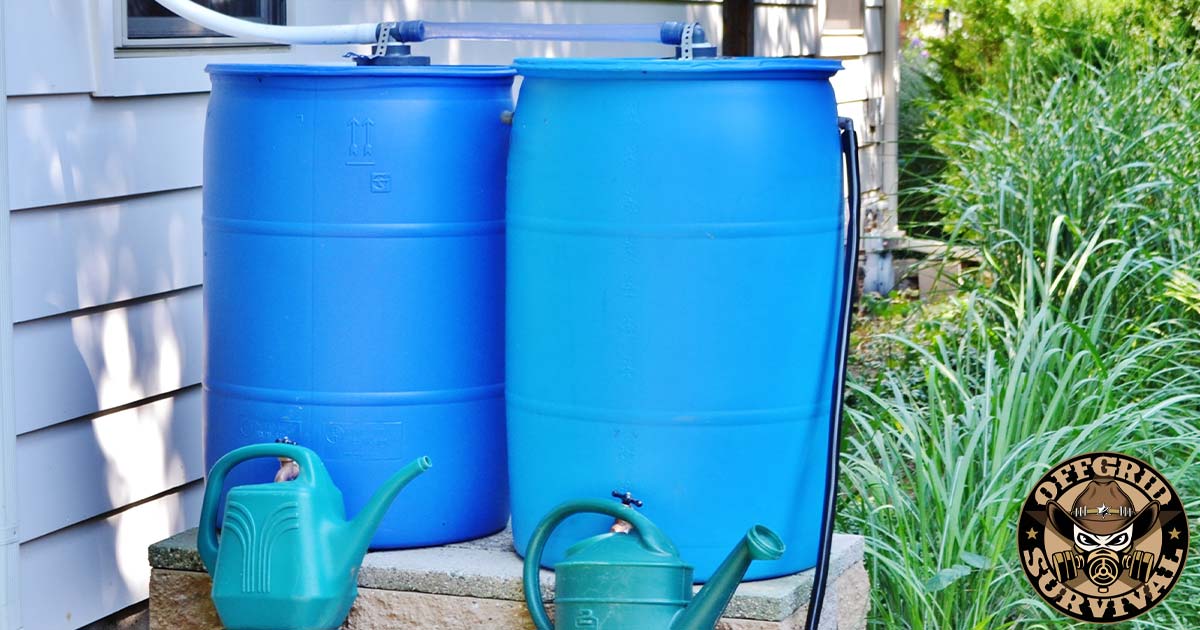It doesn’t get much more basic than the need for water. During almost any survival situation, it’s probably going to be one of your top considerations. During a disaster, where your local water sources become compromised, you need to take steps to ensure you have enough to ride out the crisis.
So what should you do if you find yourself in an emergency situation without water?
- Once a disaster hits you have to act quickly. The first thing you should do is find a way to store as much water as possible. Fill your bathtubs, sinks, pots and any large storage containers you have with water. The average bathtub holds somewhere around 50 gallons of water. Check out the Waterbob Emergency Drinking Water Storage system. It’s a good system to have on hand, and can help keep you water safe during a disaster.
- Shut Down Incoming Water. Immediately shut off your water main to prevent contaminated water from entering into your hot water heater, which is a great source of emergency water.
Where to find water in your home during an emergency.

You Hot Water Heater Has a LOT of water! The typical hot water heater in residential homes usually holds around 40 to 50 gallons of water, making this an excellent source of emergeny water during a disaster. To access the water, connect a garden hose to the drain valve located near the bottom of the water heater. Slowly open the drain valve, allowing the water to flow out through the hose and into your storage containers.
Your home has a number of places where you can find emergency water.
- Canned Goods – Tuna, canned vegetables, beans and fruit all contain liquids that can be drained.
- Drain Your Pipes – If you live in a multilevel home, you can drain the water in your pipes by using gravity to your advantage. After the water lines into your house have been shut off, drain your pipes by using the lowest faucet in your house.
- Toilet Water – In an emergency, you can boil the water from the flush tank (not the bowl) of your toilet. I would only use this water as a last resort and only if I was sure it was free of chemicals.
- Rainwater – Use large pots and containers to catch and store rainwater.
How to Generate your own Water
- If you’re really prepared, you can actually generate your own water with an Atmospheric Water Generator.
While it’s not cheap, and you will need a source of power, it may be a great option for those that can afford such a device.
External Sources of Water:
Once you’ve tapped out your in-home water sources, you may have to start looking elsewhere. During extreme crisis situations, where the crisis is long-term in nature, you may have to venture out in surrounding areas to find water.
To be prepared for these types of situations, I suggest always carrying a Multi-tool and a Water Spigot Key in your Emergency Bags. Most commercial buildings have outdoor water faucets, but most of them have the handles removed to stop the homeless from using them.

During an emergency, having a water spigot key can help you gain access to both commercial and residential water faucets. Just keep in mind that you are taking water from someone else, so it should only be done in an emergency, and you need to be discrete. The Superior Tool 4-Way Key is a great tool; it fits Stopcocks, Sillcocks, and Valves.
PREPARE, PREPARE, PREPARE!!!

Emergency water isn’t just about having a short-term solution; it’s also about planning for the long haul. Here are some additional tips to ensure you have a reliable water supply during times of crisis.
- Stockpile Water: Before a disaster strikes, make sure you stockpile enough water to last you and your family for at least a couple of weeks. Plan for one gallon of water per person per day for drinking and hygiene needs.
- Filter and Purify: In a survival situation, you may need to find water from natural sources like rivers or streams. Invest in portable water filters or purification tablets that remove harmful bacteria and contaminants to make it safe. We suggest the Katadyn Pocket Water Filter.
- Rainwater Harvesting: Consider setting up rainwater harvesting systems on your property if you can. For minimal cost, you can save hundreds of gallons of rain water for emergency use a catchment tank.
- Water Treatment Methods: Learn about different water treatment methods to make water safe to drink in case your supplies run low.
- Water Storage Containers: Invest in durable, food-grade water storage containers.
For more ideas on how to find water during an extreme collapse scenario, check out our article on Finding Food, Water and Emergency supplies in an Urban Environment.




If I immediately shut off my water main, how do I fill my bath tubs?
This is going to depend on the size of your water pressure tank, and length of water lines, but even with the main shut off, you should be able to get some water in a tub with the residual pressure. (Again, depending on size of system this could be a little or a lot.) Ideally, paying attention to weather, warnings, etc., you can shut off the main just ‘after’ filling a tub. And I wouldn’t wait until last minute, “better to have and not need…” so to speak. Also doesn’t hurt to have a filter & purification plan in order either. Hope this helps.
I used to sell water conditioners. I do not believe many people will think of filling a bathtub in such an event. You should be able to fill the tube and then shut off the water main. The water in the pipes have already been treated.
…In The Meantime Recycle Your Water Bottles, Pop Bottles, Glass Bottles, Empty Capped Containers Et Al, Sanitize Them & FIll Them With Water & Store…
you’d be surprised where you can find water… you can drink rusty radiator water from a broken down car if you treat it properly
Is this a safe option?? Radiators in almost every car are full of antifreeze which if drunk will severely damage your organs and possibly cause death depending on how much you drink. Remember they always say when changing your radiator fluid to not let your pets or other animals drink it because of these reasons.
A dehumidifier is an idea for water, they take water from the air as well.
Do you know which kind of dehumidifier is good? I have read that they are not food grade. If the water is filtered through a Berkey or some other device, it may work.
In the gulf coast area , humidity clings to us like a high school sweetheart. WaterpWaterpours from a/c units during the summer months. If your can will crack and your compressor works, you have survival water.q
Water from the toilet tank is quite safe,if unsure boil it for five minutes. The same for rain water, boil it, you never know what the birds have been doing on your roof. The comment about “old car” radiator water can be lethal.
what about dry/canned dog/cat/bird food? is that OK for humans if all hell breaks loose?
I ate dog food but its not safe. After eating one night I was out in the street licking myself and got hit by a car